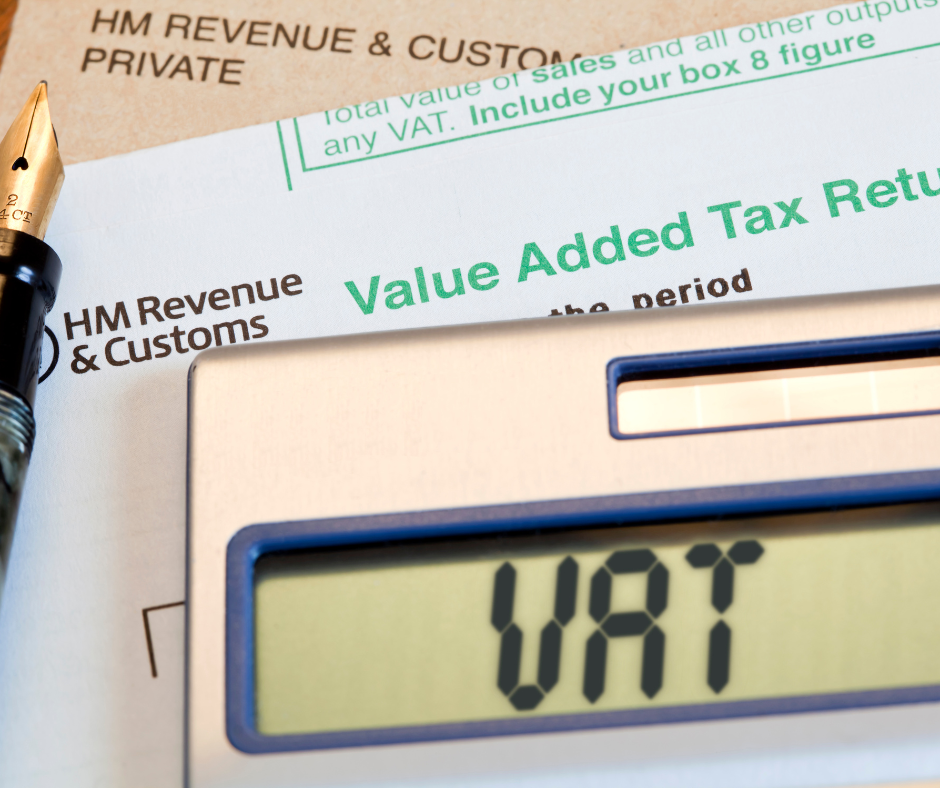Have You Budgeted To Buy A Business?

An important part of becoming a successful entrepreneur is to carefully consider your finances and not overextend yourself. As budgeting is a critical component of any business, in this article we explore how to prepare a sensible budget when buying and managing a business.
What is a Business Budget and Why is it Important?
Quite simply, a business budget is an overview of your business’s finances. You should be able to clearly identify the current state of your finances and your long-term financial goals.
If you want to effectively make financially sound decisions, get funding to grow your business and be able to identify where to decrease or increase funding, then having a clear business budget is essential.
Why Do Businesses Need to Budget?
There are a number of benefits to budgeting both before and once you have a business. These include:
- A clear idea of all incoming money and outgoing costs.
- Improved ability to control your business.
- Increased ability to handle change and facilitate better, faster decision-making.
- Clear communication of your goals and priorities.
- Ensuring you have enough money for strategic initiatives.
How to Create a Budget for Your Business
Knowing how important having a clear budget is when making business decisions is a great first step. And the sometimes daunting step that follows is actually creating your budget, whether you are looking to buy a business, expand your business or invest in a new project.
These are three key pointers to think about when you create your business budget:
1. Get the Right People Involved
Gather the input of employees who are responsible for major business functions, such human resources, marketing, purchasing and so on, when you want to create a budget. The information and know-how you will gather will be priceless and help to account for all areas of the business.
2. Utilise the Previous Year’s Figures
By looking at exactly how much revenue you have generated in the past, as well as how much you have spent in each area of your business, you can use this information to guide your predictions about future spending.
3. Forecast Sales and Costs
You can create fairly accurate forecasts based on historical costs records showing how much you have made and spent previously. If you are unsure, consider things such as how long it takes for customers to pay you, what fixed costs you have (e.g. rent, mortgage, salaries) and what variable costs you will incur (e.g. supplies, materials, subcontracted labour, utilities, vendors).
One of the biggest challenges to SMEs is getting paid on time for work completed. Therefore, having a contingency plan for late payment is also vital to consider.
How to Verify the Value of a Business
If you are looking to purchase or start up a business, you may not be able to look back on historical data. We have put together a helpful list of things worth evaluating to verify the value of a business before buying it and assist you with budgeting for this.
- Inventory
- Furniture, fixtures, equipment and building costs
- Tax returns and financial statements for the past five years
- Sales records
- Customer buying patterns and payments
- Existing marketing strategies
- Existing outsourcing
- Advertising costs
- List of current employees, roles and salaries
- Level and type of insurance required
Budgeting to Buy an Existing Business
In most cases, when you buy a business, you will have many aspects of operation already in place, such as an established customer base and reputation, previously used suppliers and company records, making your planning and budgeting a little simpler.
If you are interested in a vintage company, you would also retain previously submitted Confirmation Statements (previously called Annual Returns), Company Accounts, and Directors Appointments; all of which will have been filed at Companies House. This type of information can be invaluable when looking to budget for the future.
Thorough business budgeting gives you the financial insights you need to make the right decisions for your business. If you would like more information about forming a business please browse our company formation products, get in touch with us on our live chat or use our contact form. We are here to support your business formation needs in any way we can.











